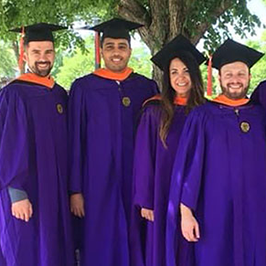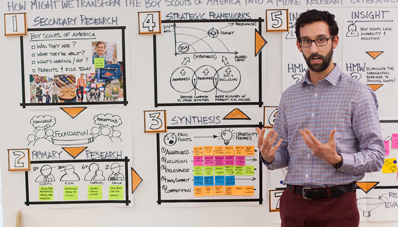Admissions
Round 1 - March 15: Recommended deadline for full-time applicants
Round 2 - June 15: Recommended deadline for international applicants who will require a visa or visa status update to enroll
Round 3 - August 1: Final deadline, recommended for part-time applicants















